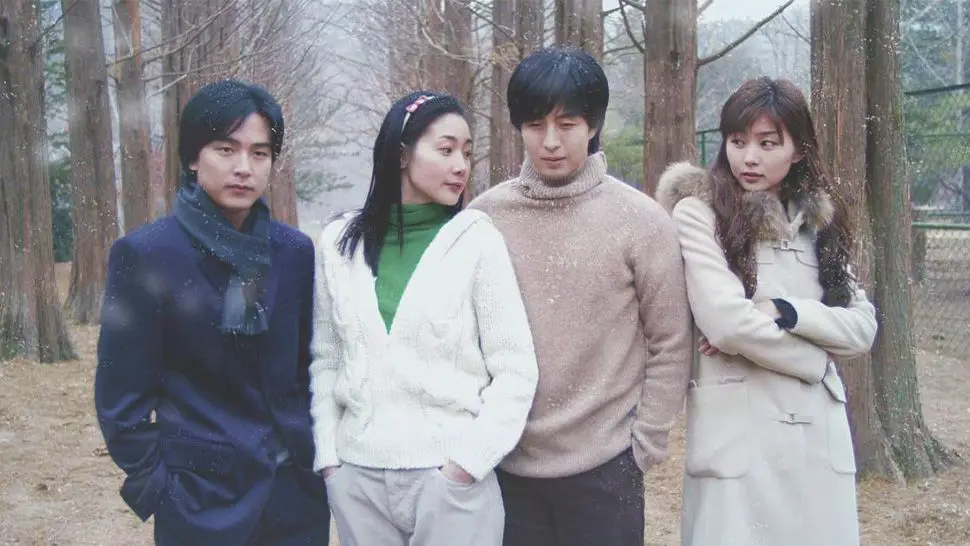Hallyu, often referred to as the Korean Wave, describes the global popularity and influence of South Korean culture, particularly in the realms of entertainment, fashion, movies, music, and more. Originating in the late 1990s, Hallyu has since evolved into a powerful cultural phenomenon that continues to shape global pop culture trends. This article explores the concept of Hallyu and its impact across various cultural domains beyond South Korea’s borders.
Origins and Evolution of Hallyu
Hallyu emerged in the late 1990s with the international success of Korean television dramas, which gained popularity in Asian countries such as China, Japan, and Southeast Asia. Dramas like “Winter Sonata” and “Full House” captivated audiences with their romantic storylines, beautiful cinematography, and talented actors, sparking a newfound interest in Korean entertainment.

Expanding Influence: Movies and Dramas
Korean cinema also contributed significantly to Hallyu’s expansion. Films like “Oldboy,” “Train to Busan,” and “Parasite” showcased Korean filmmakers’ creativity and storytelling prowess, garnering critical acclaim and international awards. These movies not only attracted global audiences but also highlighted South Korea as a hub for cinematic innovation.
Music: Rise of K-pop
The global ascent of K-pop has been instrumental in solidifying Hallyu’s influence worldwide. K-pop, characterized by its catchy tunes, elaborate choreography, and visually stunning music videos, has captured the hearts of millions globally. Groups like BTS, BLACKPINK, and EXO have achieved unprecedented success, topping international charts and breaking records previously held by Western artists.

Fashion and Beauty Trends
Hallyu has also influenced global fashion and beauty trends. K-pop idols are renowned for their distinct fashion sense, often setting trends in streetwear, luxury brands, and skincare products. Korean beauty standards, emphasizing clear skin and natural beauty, have gained popularity worldwide, leading to the global popularity of K-beauty products and routines.
Cultural Diplomacy and Soft Power
Hallyu serves as a form of cultural diplomacy, enhancing South Korea’s soft power on the global stage. Through entertainment, South Korea has been able to showcase its rich cultural heritage, modernity, and technological advancements, fostering a positive image of the country internationally. This cultural exchange has strengthened diplomatic ties and increased interest in Korean language and culture worldwide.

Challenges and Future Outlook
While Hallyu has enjoyed immense success, it also faces challenges such as cultural appropriation accusations and maintaining authenticity amidst global commercialization. However, with the rise of digital platforms and social media, Hallyu continues to evolve and expand its reach. Collaborations between Korean and international artists, as well as diverse cultural influences, are likely to shape the future direction of Hallyu, further cementing its status as a dynamic cultural phenomenon.
Conclusion
Hallyu, the Korean Wave, represents South Korea’s cultural impact and influence on a global scale. Through its movies, dramas, music, fashion, and beauty trends, Hallyu has reshaped global pop culture, transcending borders and fostering cultural exchange and understanding. As Hallyu continues to evolve and diversify, its legacy as a transformative cultural phenomenon of the 21st century remains strong, inspiring and resonating with audiences worldwide.






























